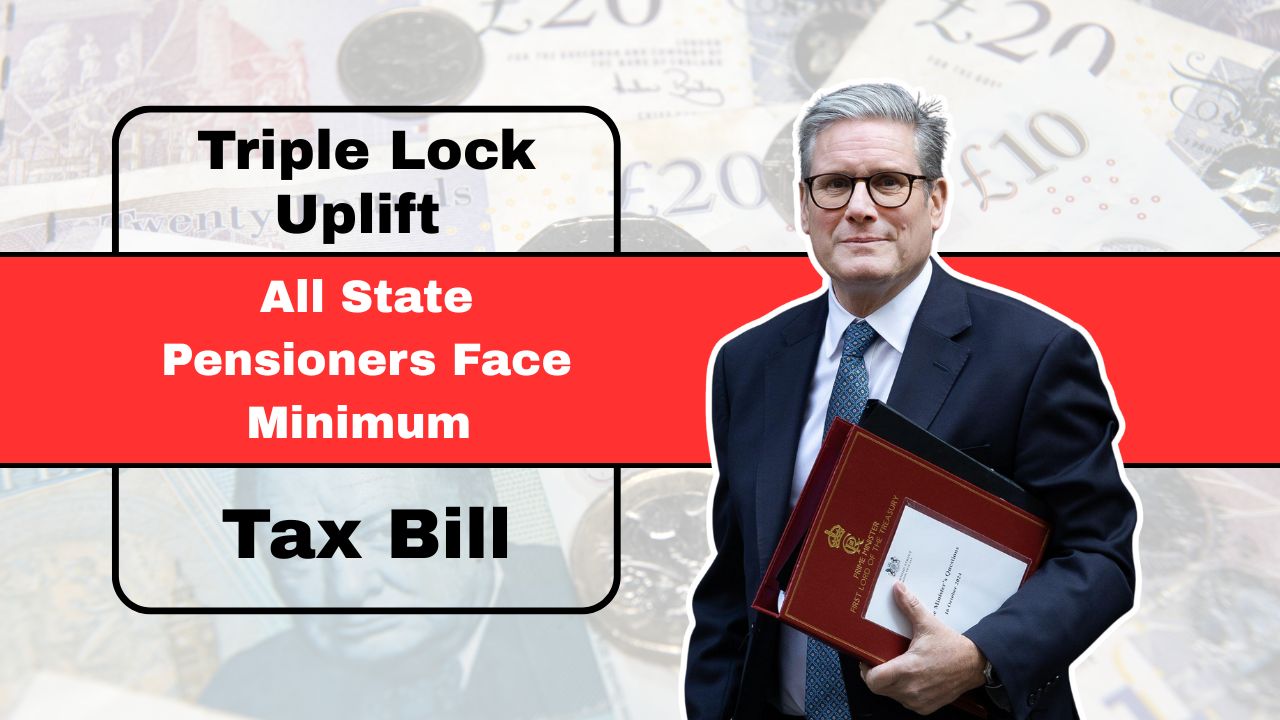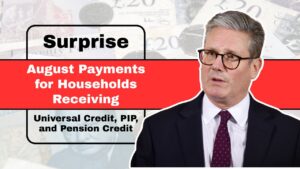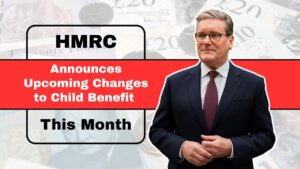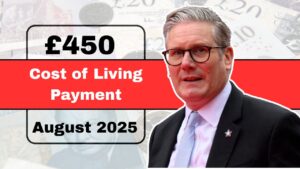The Triple Lock Guarantee, once seen as a safeguard for pensioners, is now placing all UK state pensioners on a path to becoming income tax payers by April 2027.
Despite good intentions, the generous annual increases in the state pension are set to push even those with no other income above the personal tax allowance threshold, according to recent forecasts.
Whether you’re retired or planning your retirement soon, understanding how this affects you is crucial.
Here’s a breakdown of the current projections, tax thresholds, and how even an increase of just £8 annually could land you a minimum tax bill from HMRC.
What Is the Triple Lock and Why It Matters
The Triple Lock ensures that the state pension increases each April by the highest of:
- Wage growth
- Consumer price index (CPI) inflation
- A flat 2.5%
Introduced to preserve pensioners’ spending power, the Triple Lock is now forecasted to consistently outpace the frozen personal tax allowance, which has remained at £12,570 since 2021 and is frozen until 2028.
Projected Pension and Tax Threshold Crossover
By April 6, 2027, the start of the new tax year, the new state pension is expected to surpass the personal allowance. Here’s how the numbers look under the current Triple Lock estimate:
| Tax Year | Projected Annual State Pension | Personal Tax Allowance | Taxable Amount | Estimated Tax Bill |
|---|---|---|---|---|
| 2023-2024 | £10,600 | £12,570 | £0 | £0 |
| 2024-2025 | £11,502 (estimated 8.5% increase) | £12,570 | £0 | £0 |
| 2026-2027 | £12,336 (minimum 2.5% rise) | £12,570 | £0 | £0 |
| 2027-2028 | £12,578 (minimum 2.5% rise) | £12,570 | £8 | £1.60 |
Even if you have no other income, your entire state pension will technically become taxable, pushing hundreds of thousands of pensioners into the tax bracket for the first time.
Why Even £1.60 Matters
You might think, “What’s the fuss over a £1.60 tax bill?” The reality is, this is just the beginning. If state pension continues to rise at a higher rate than the frozen personal allowance, the taxable income will grow every year.
It also creates bureaucratic complexities for pensioners who have never paid tax before. Many will now receive tax assessment letters from HMRC, and while they won’t need to complete self-assessment, it’s still a shift from the current norm.
How the Tax Will Be Collected
If you’re employed or receiving a private pension, tax is typically collected via PAYE. But if you’re solely relying on the state pension, HMRC will send a tax calculation by post.
- No need for self-assessment.
- HMRC sends a simple assessment after the tax year ends.
- Tax collected directly from your bank or via a follow-up payment method.
The Low Incomes Tax Reform Group advises pensioners to read all HMRC correspondence carefully to avoid missed payments or penalties.
Who’s Affected by the Change?
| Group | Current Taxable? | Taxable in 2027? |
|---|---|---|
| State pensioners with no other income | No | Yes |
| Pensioners with additional income | Yes | Yes |
| State pensioners with income under £12,570 | No | Yes (if pension alone exceeds threshold) |
Implications for Pensioners
- Administrative Burden: Older pensioners not used to interacting with HMRC could face confusion and stress.
- Marginal Tax Bills: The tax owed may be small initially, but will compound annually.
- Frozen Allowance Impact: With the personal allowance frozen until 2028, any rise in pensions increases taxable exposure.
The Triple Lock, long considered a protective measure for pensioners, is now unintentionally pushing all retirees into the tax system.
While the initial tax bills may be small—as little as £1.60 in 2027—the real concern lies in what follows: growing tax liabilities and added bureaucratic stress for elderly citizens.
With the personal allowance frozen and the state pension continuing to rise, the government must address this widening gap to prevent an administrative nightmare for pensioners and HMRC alike.
In the meantime, retirees should stay informed, watch for official communication, and consider financial planning advice if uncertain about their future tax responsibilities.
FAQs
Will I need to complete a tax return if my only income is the state pension?
No, if you’re not in self-employment or receiving other taxable income, HMRC will send you a simple assessment instead.
Why is this happening if pension increases are meant to help?
While the Triple Lock boosts income, the frozen personal tax allowance hasn’t increased to match inflation, making more of your pension taxable.
Can this be reversed or avoided?
Unless the government raises the personal tax threshold, this will happen. The only workaround is earning below the threshold, which will no longer be possible with a rising full state pension.




